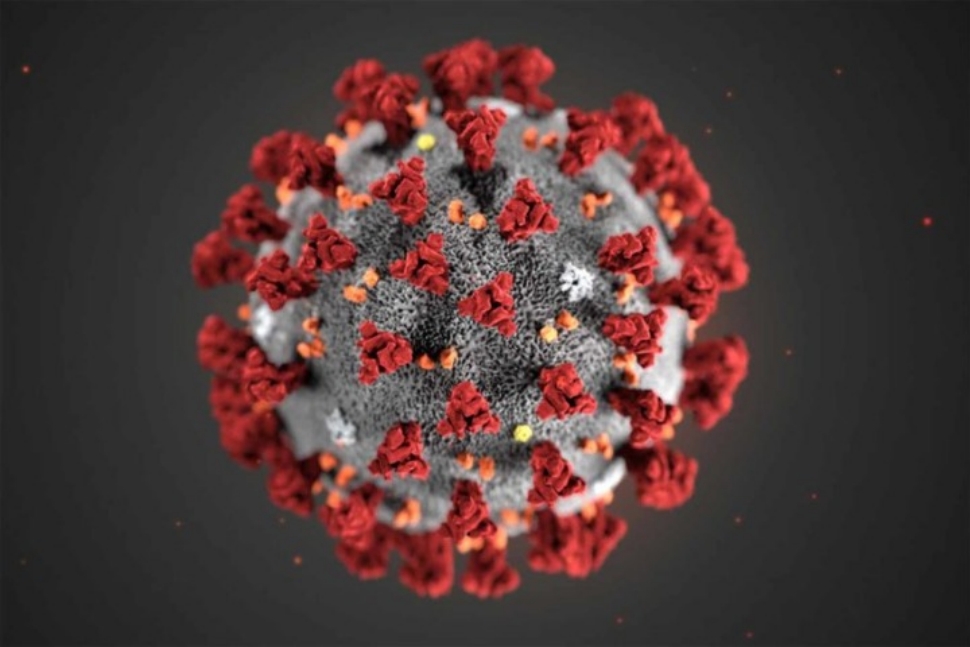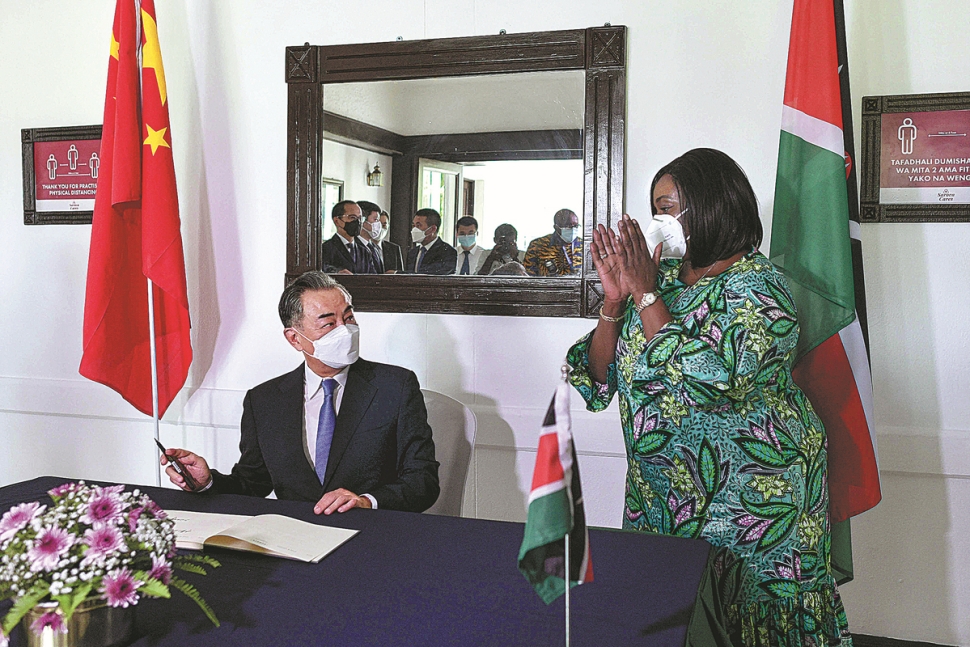trending topics
market reports
-

Registration Now Open: MEDICAL JAPAN 2026 OSAKA – Western Japan’s Largest Healthcare Trade Show
2026-02-10
-

MEDICAL JAPAN 2025 OSAKA Returns to Showcase Global Innovations
2025-02-17
-

Visit MEDICAL JAPAN 2023 TOKYO and take full advantage of the business opportunities!
2023-09-01
-

US to distribute 400 million free N95 masks at CVS, Walgreens in COVID fight
2022-01-21
-

Ethiopia receives additional 2.2 mln doses of Chinese-donated COVID-19 vaccines
2022-01-21
-

Hong Kong researchers say they develop novel material able to kill COVID-19 virus
2022-01-14
-

10 million more Chinese doses on way for Kenya
2022-01-14
-

Sino-African ties on track for a brighter future
2022-01-07
-

Efforts urged to boost COVID-19 vaccine production capacity in poor countries
2022-01-07
-

UAE approves Sinopharm's new protein-based COVID-19 vaccine
2022-01-07
Efforts urged to boost COVID-19 vaccine production capacity in poor countries
2022-01-07

LONDON - Not allowing poorer countries to produce coronavirus vaccines to protect their people has been "one of the global failures" in the battle against the COVID-19 pandemic, a leading British health academic told Xinhua.
"Globally the biggest problem has been the failure to distribute vaccines to the vast majority of the world in sufficient amounts. In poorer countries, many frontline health workers still have not been vaccinated," Dr. Justin Parkhurst from the London School of Economics and Political Science (LSE) said on Tuesday.
"There have been calls to waive patent protections to allow countries to produce vaccines, but this has been resisted by wealthy nations," said Parkhurst, chair of the Global Health Initiative at the LSE.
Parkhurst said there could be huge efforts to scale up vaccine production capacity in Africa, Asia and Latin America, which would not only help combat COVID-19, but build a defense against future diseases. "We have not moved in that direction yet," he stressed.
Looking ahead to 2022, Parkhurst said: "From what I read, I think there will still be possibility of novel variants emerging and the challenges could remain. Some experts on this type of virus point out that there are other coronaviruses which now do little more than cause the common cold, which humans get repeatedly exposed to. That might be where COVID-19 ends up, but if that is in a year, five years, or longer, I can't say."
"Many people also probably thought vaccines would soon end the pandemic, but unfortunately it has not been able to do so. The world has not been able to equitably provide vaccines to much of the world, and virus evolution has also proved a challenge," he noted.
Recalling the onset of the pandemic, Parkhurst said: "I certainly didn't expect such a long pandemic. We had seen examples of novel viruses like SARS and MERS, which caused problems, but not so widespread, and not so long-running."
(Xinhua)



 My Member
My Member Message Center
Message Center











